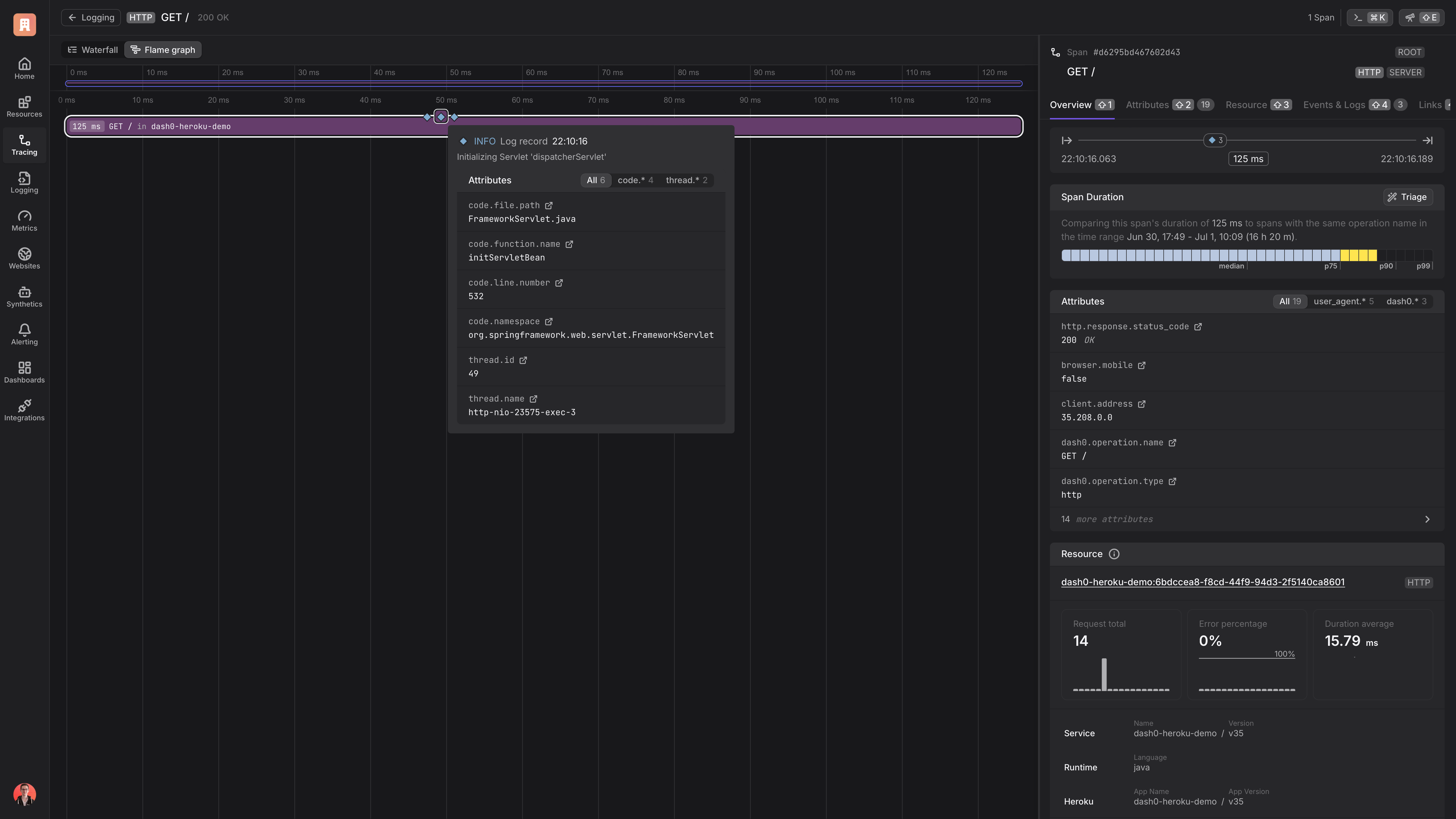
Study May Undercut Idea That Cash Payments to Poor Families Help Child Development
Rigorous new research appears to show that monthly checks intended to help disadvantaged children did little for their well-being, adding a new element to a dispute over expanded government aid.
If the government wants poor children to thrive, it should give their parents money. That simple idea has propelled an avid movement to send low-income families regular payments with no strings attached.
Significant but indirect evidence has suggested that unconditional cash aid would help children flourish. But now a rigorous experiment, in a more direct test, found that years of monthly payments did nothing to boost children’s well-being, a result that defied researchers’ predictions and could weaken the case for income guarantees.
After four years of payments, children whose parents received $333 a month from the experiment fared no better than similar children without that help, the study found. They were no more likely to develop language skills, avoid behavioral problems or developmental delays, demonstrate executive function or exhibit brain activity associated with cognitive development.
“I was very surprised — we were all very surprised,” said Greg J. Duncan, an economist at the University of California, Irvine and one of six researchers who led the study, called Baby’s First Years. “The money did not make a difference.”










